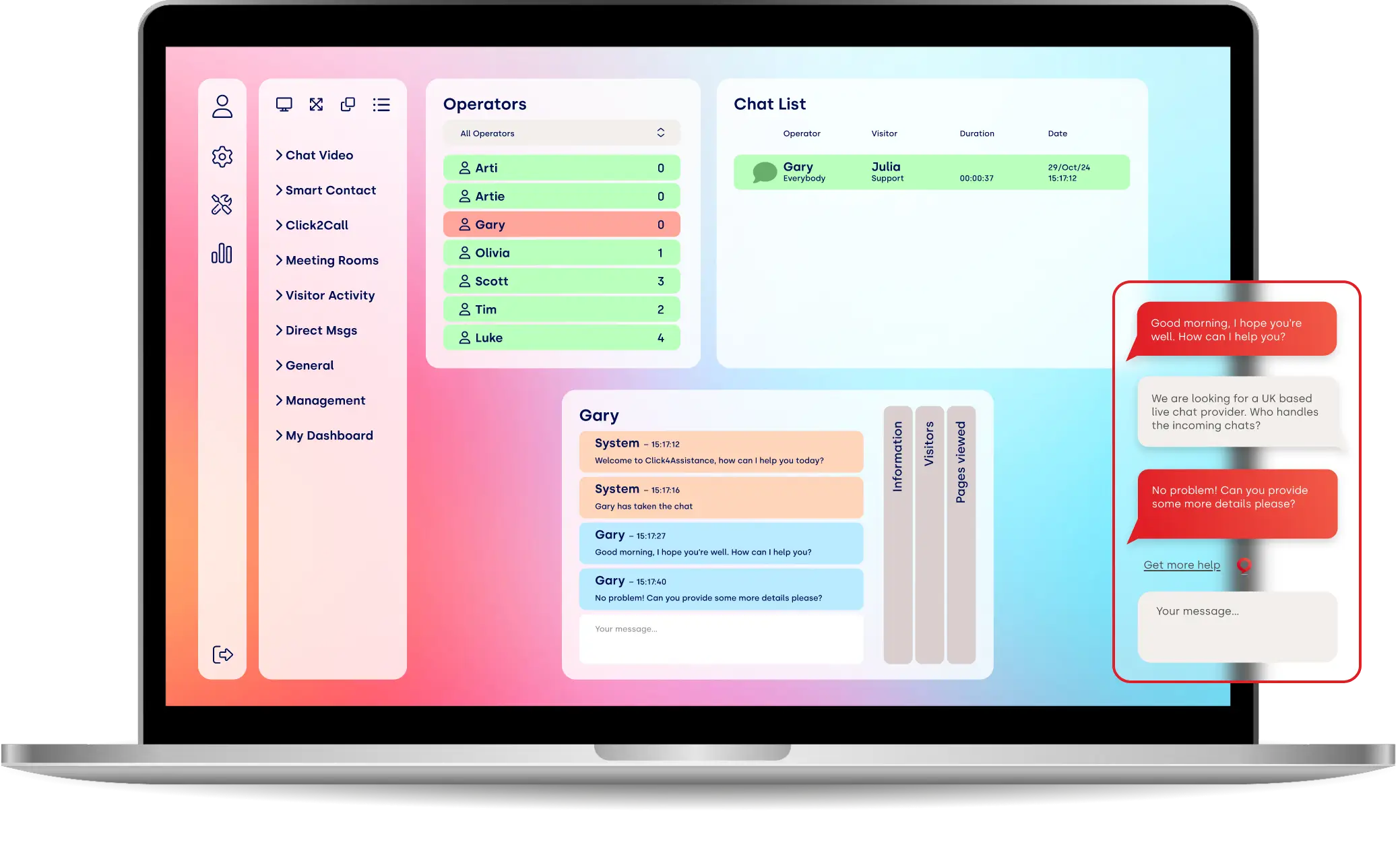What's coming soon for technology in 2023?

Find out which exciting new technologies will be making their debuts over the course of the next twelve months.
Every year, technology progresses. Humanity gains new insights into nature, and how to engineer solutions that meet our individual and collective needs.
2023 is shaping up to be no different. Companies, governments and research labs are all developing technologies that will radically transform our lives. Here are some of our top picks:
Commercial-Scale Gentle Seed Planters
The world’s soil is degrading at an alarming rate. Commercial ploughing and monocropping are stripping it of its bacterial content. Large-scale irrigation is causing it to run off into streams and rivers, and the lack of mixed-use and organic farming methods is reducing its fertility. If the situation doesn’t change, the world won’t be able to grow enough food to feed itself over the coming decades.
The problem, according to Ben Raskin, a senior figure at the UK’s Soil Association, is a lack of technology to support soil health. Commercial farming techniques damage soil quality, a process that could see it replaced by sand in the near future.
Fortunately, there are solutions coming to market. Danish firm AgroIntelli is introducing a commercial-scale plough replacement tool called Robotti. Instead of churning up fields, it injects seeds into the soil directly, helping it to retain its natural mix of bacteria and other species. The machine can easily plant plants to prevent the soil from remaining bare.
Better Self-Driving Car Autonomy
Scientists at the University of Warwick's WMG division are pioneering new technology as part of the Autonomous Cars Negotiating Complex Environments Using V2X (AutopleX) project consortium. The joint effort is an attempt to solve the “corner case” problem currently facing autonomous vehicles. AI-powered cars perform well in situations with rich data histories, but not during one-off events.
The Warwick team is building a proof-of-concept demonstrator that lets it more accurately depict and train systems on autonomous driving situations likely to apply in the real world. The project could potentially accelerate the development of advanced driver assistance systems in traditional vehicles and provide helpful data to push the technology forward.
Improved Bacterial Sepsis Diagnosis

Bacterial sepsis is an elusive global killer, responsible for an estimated 20 per cent of fatalities worldwide every year. However, a remarkable breakthrough is allowing doctors to identify more than 99 per cent of cases by analysing immune systems
Researchers at the Chan-Zuckerberg Initiative at the University of California have invented a novel diagnostic method that uses both machine learning and genomics from the host and pathogen to predict sepsis cases. The new system dramatically outperforms conventional physician diagnostics through the use of probabilistic models. Doctors can identify at-risk patients before the condition has a chance to establish itself in their bodies, enabling them to take preventative measures proactively.
Better Pothole Prevention
Potholes cost the UK economy hundreds of millions of pounds every year in direct road repair costs and indirect damage to vehicles. Conventional repair involves several complicated steps and requires crews to be on-site for hours or days at a time.
Now, though, researchers at the University of Technology Sydney have developed an intelligent compaction technology that integrates with road rollers and can detect the quality of road base compaction, reducing the risk of pothole formation. Computer models “incorporate machine-learning and big data from construction sites to predict the stiffness of compacted soil with a high degree of accuracy in a fraction of a second,” according to the team, allowing the roller operator to make adjustments on the fly.
The technology could help decrease the long-term costs of road, dam and railway maintenance. The team hopes to test the concept in the field next year.
Better Customer Service Chat Tools
Having a website chat tool is now a necessity. Customers expect to contact your brand via your homepage directly, instead of calling or emailing separately. Chatbots are a great way to communicate with them inexpensively.
Now DeepMind (an artificial research organisation operating under Google), has designed a new system that will help chat bots give better answers. The technology will use a trial-and-error reinforcement learning technique that will let it gain knowledge each time it answers a customer’s query. At first, the system will be quite dumb, but once it has sufficient training data, it may have a more Google-like feel to it, producing unexpected and accurate answers like a human. It will also sound more like a human, thanks to a new language processing model.























